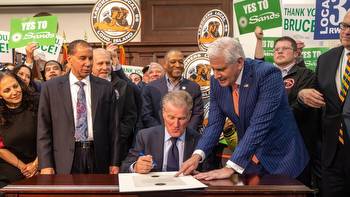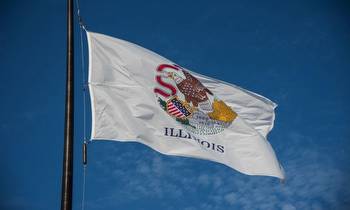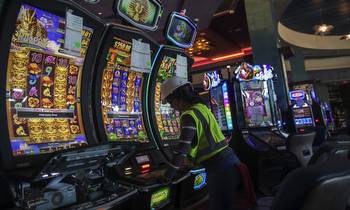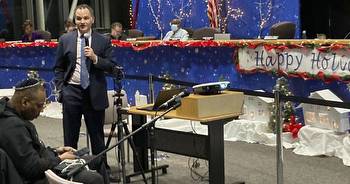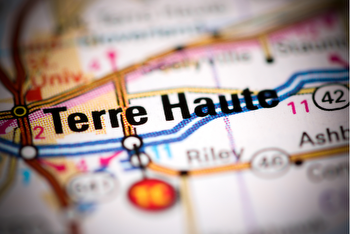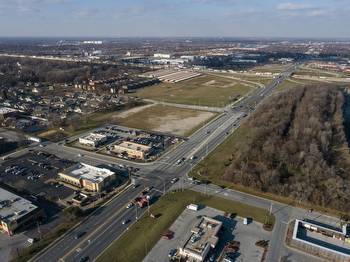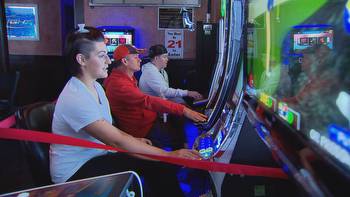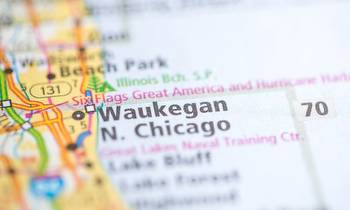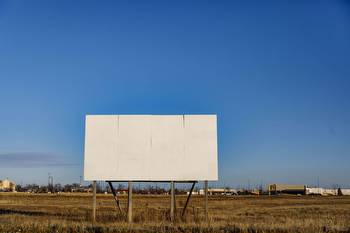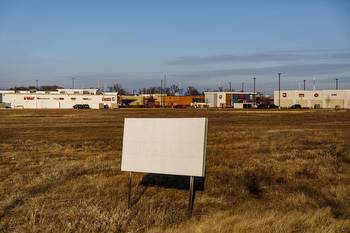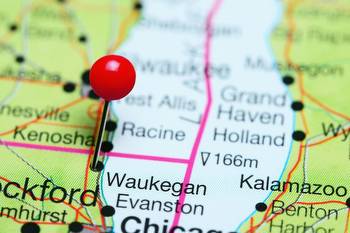Lawsuit over ‘rigged’ Waukegan casino selection should proceed, court rules
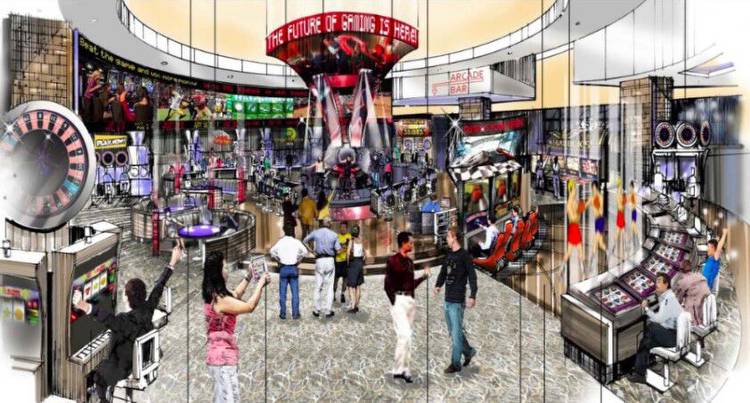
The cards have already been dealt in the Waukegan casino game, but a state appellate court has issued a ruling that could bring back to the table a spurned bidder that has long complained of a “rigged” contest for the coveted gambling license.
That means the north suburban casino selection process could end up being reshuffled, even though Las Vegas-based Full House Resorts has been open for betting business at a temporary gambling mecca in the city for almost six months.
Illinois’ First District Appellate Court sided Friday with the Forest County Potawatomi Community in their long-running court battle with Waukegan, where the Native American tribe has contended officials didn’t give them a fair shake in 2019 while considering casino operators that were then forwarded for a final selection by state gambling regulators.
The appeals panel reversed the decision of a Cook County Circuit Court judge who dismissed the Wisconsin tribe’s lawsuit for “lack of standing” after the Illinois Gaming Board granted an early approval to Full House Resorts for the license in 2021.
The appellate ruling sends the Potawatomi case back to the lower court, unless attorneys for Waukegan and the gaming board take it to the Illinois Supreme Court.
Waukegan city officials did not return messages seeking comment. A gaming board spokesperson said the agency won’t comment on pending litigation.
Forest County Potawatomi Attorney General Jeff Crawford said in a written statement that the higher court “acknowledged Potawatomi’s detailed allegations of the City’s failure to lawfully conduct the casino selection process and recognized that retracting the current casino license and repeating the casino selection process would remedy Potawatomi’s claims.”
“We look forward to further consideration of those claims before the Circuit Court,” Crawford said.
Restarting the selection process would mark a stunning reversal of fortune for Full House Resorts, which started taking bets at The Temporary by American Place in February while they build a permanent casino structure that is scheduled to be completed in early 2026 — a project pegged as a $400 million investment for the publicly traded company.
Gamblers have made more than 280,000 trips through the turnstiles at The Temporary since the 70,000-square-foot gambling tent opened near Waukegan’s Fountain Square shopping mall in February. The makeshift casino racked up more than $30 million in adjusted gross revenue through the end of June, according to the most recent available gaming board records — about $221,000 per day.
Alex Stolyar, chief development officer at Full House Resorts — which isn’t a defendant in the Potawatomi suit and hasn’t been accused of wrongdoing — said their attorneys were still reviewing the appellate decision and declined further comment.
The Potawatomi have argued the game was tilted by a since-ousted Waukegan mayoral administration in favor of another bid backed by former Grayslake state Sen. Michael Bond.
A massive gambling expansion signed into law by Gov. J.B. Pritzker in 2019, which created the Waukegan casino license and five others, required host communities to sign off on bids to be vetted by the gaming board.
Potawatomi lawyers argue former Waukegan Mayor Sam Cunningham told Waukegan City Council members which bids to approve, “the culmination of a rigged process,” the Potawatomi allege in a separate, still pending federal suit. Bond, who’s not accused of wrongdoing, had poured thousands of dollars into local elections through his video gambling machine company Tap Room Gaming ahead of the state gambling expansion.
The city ended up forwarding three bids for the gaming board to consider: Full House Resorts, the Bond-backed project and another spearheaded by Chicago casino magnate Neil Bluhm, who later withdrew.
The Potawatomi, who were passed over despite scoring well on a city-hired consultant’s evaluation, sued the city and later the gaming board in an attempt to block the agency from issuing the license until their federal suit played out. The gaming board briefly delayed its own selection but ended up naming Full House Resorts the winning applicant.
Attorneys for Waukegan have dismissed Potawatomi’s claims, writing in federal court filings that “this scorched earth lawsuit is factually suspect,” intended to stifle development and protect the tribe’s Milwaukee casino from potential competition.
The appellate court revived the county suit, ruling that a circuit judge incorrectly dismissed it and asserting that the nonrefundable $25,000 application fee the Potawatomi paid for Waukegan’s consideration gives the tribe legal standing.
“Potawatomi Casino pursued a significant business opportunity to fairly compete for a casino license, and where that opportunity was denied due to the city’s alleged failure to perform the process lawfully, there is a distinct and palpable injury,” Justice Raymond Mitchell wrote in the decision.
Mitchell also asserted there’s nothing stopping the gaming board from restarting the selection process, “even after it has issued the applicant a temporary operating permit,” if the Potawatomi end up winning their case.
“This remedy would correct the alleged injury since it would require the city to conduct the certification process again without the alleged illegality or unfairness,” Mitchell wrote. “Because the injury is the lost opportunity, Potawatomi Casino need not be certain whether it would ultimately secure the city’s certification to the board in a fair process, so long as the opportunity itself is given.”








